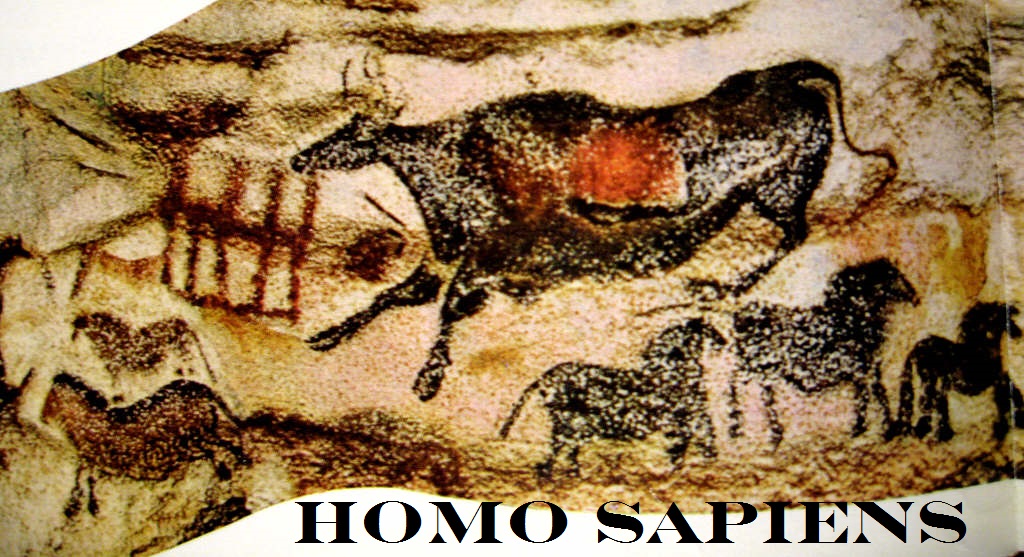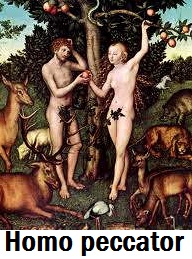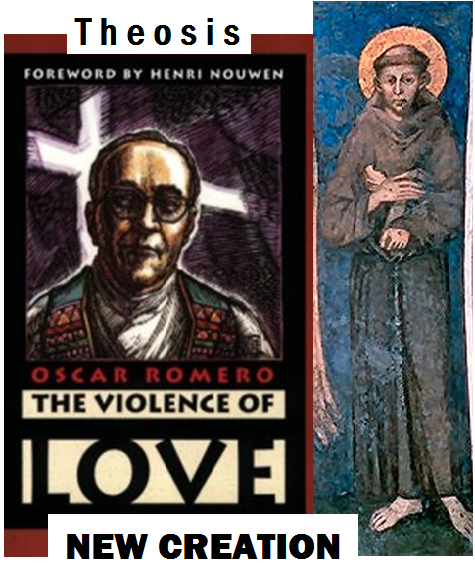|
Christianity in Evolution by J. Mahoney
Paul Misner, Marquette University
 G. K. Chesterton claimed that original sin is “the only part of Christian theology which can really be proved" (Orthodoxy, chap. 2).
Now comes a work of theology in a trinitarian and incarnational mode that shows how Christian theology and catechesis can dispense with the doctrine of original sin altogether: Christianity in Evolution: An Exploration, by Jack Mahoney (Georgetown University Press, 2011). G. K. Chesterton claimed that original sin is “the only part of Christian theology which can really be proved" (Orthodoxy, chap. 2).
Now comes a work of theology in a trinitarian and incarnational mode that shows how Christian theology and catechesis can dispense with the doctrine of original sin altogether: Christianity in Evolution: An Exploration, by Jack Mahoney (Georgetown University Press, 2011).
 Mahoney writes against the background of the long history of the evolution of animal species, of which homo sapiens is one. All the members of all these species die. The physical death of each member of a species is a condition of the survival of the species and of its adaptation to changes through time. The Hebrew and Christian people of God in the past, having no conception of human evolution, puzzled over why the good died. One dominant answer was that they were not obedient and that God had to punish them to cure them. One strand (Genesis, Paul, Augustine) went so far as to blame it all on a catastrophic original sin that infected the whole human race. This doctrine was then seen as the proper background against which to place the Resurrection hope of the Gospel. According to Mahoney, this background is theologically unsound and must give way to a deeper understanding of God's goodness and love. Mahoney writes against the background of the long history of the evolution of animal species, of which homo sapiens is one. All the members of all these species die. The physical death of each member of a species is a condition of the survival of the species and of its adaptation to changes through time. The Hebrew and Christian people of God in the past, having no conception of human evolution, puzzled over why the good died. One dominant answer was that they were not obedient and that God had to punish them to cure them. One strand (Genesis, Paul, Augustine) went so far as to blame it all on a catastrophic original sin that infected the whole human race. This doctrine was then seen as the proper background against which to place the Resurrection hope of the Gospel. According to Mahoney, this background is theologically unsound and must give way to a deeper understanding of God's goodness and love.
The first question that arises in the face of this claim might well be this: if Christ through the Paschal Mystery does not redeem us from our inherited sin, from what does he save us? Well, our own sins and alienation from God, of course. But Mahoney, an English Jesuit, focuses still more deeply on death, mortality. The salvific accomplishment of Christ is first and foremost to save us from non-existence after death. Were it not for the determination of divine love to grant us life after death in Christ, we, like all our evolutionary ancestors and cousins, would individually die and be extinguished. We might contribute to the further evolution of the human race, but our own life would be over. In his human death and resurrection, however, Jesus has revealed to us the will of God to share God’s life with us forever.
Can Mahoney's views be reconciled with the traditional view of original sin and salvation? Do they need to be?
 
Theosis by
Guy C. Carter
Saint Peter's Universiy
It is a misnomer to regard theosis as an intrinsically ‘Eastern’ theological anthropology with the essential Augustinian understanding of original sin missing. East and west, north and south, Greek, Latin and Celtic, from Origen to Athanasius to Irenæus, the whole orthodox, anti-docetic, anti-gnostic, anti-Arian catholica held to theosis universally prior to Rome’s siding with the post-Manichaean Augustine (and his theological progenitor, the later heretic, Tertullian) and the Council of Carthage in the late 4th Century. The teaching that humanity is created and destined for the divine majesty without congenital flaw preventing adherence to Christ by active faith was once the universal teaching of the universal Church. Perhaps it ought to be again.
Theosis does not treat original sin like a sexually transmitted disease, as does Saint Augustine and all the rest of us in his train. The world and we are not fallen because we are the products of sexual intercourse, a pleasurable and intrinsically selfish act, according to Augustine. Orthodoxy bids us to get a clue, to see the real fallenness of the world, as Alexander Schmemann wrote:
The world is a fallen world because it has fallen away from the awareness that God is all in all. The accumulation of this disregard for God is the original sin that blights the world. And even the religion of this fallen world cannot heal or redeem it, for it has accepted the reduction of God to an area called ‘sacred’ (‘spiritual,’ ‘supernatural’)—as opposed to the world as ‘profane.’ It has accepted the all-embracing secularism which attempts to steal the world away from God.
For the Life of the World (p. 16)


DISCUSSION:
1. How do you understand original sin in your faith life and reflection?
2. How do you explain it to people who reject the Adam & Eve story? How is the narrative in Genesis 2:15-3:24 treated nowadays in catechesis and teaching?
3. Felix culpa! (happy sin) Can original sin be seen as the starting point of theosis and the ascent of humankind?
SEE DISCUSSION ABOUT ORIGINAL SIN
|
|


 G. K. Chesterton claimed that original sin is “the only part of Christian theology which can really be proved" (Orthodoxy, chap. 2).
Now comes a work of theology in a trinitarian and incarnational mode that shows how Christian theology and catechesis can dispense with the doctrine of original sin altogether: Christianity in Evolution: An Exploration, by Jack Mahoney (Georgetown University Press, 2011).
G. K. Chesterton claimed that original sin is “the only part of Christian theology which can really be proved" (Orthodoxy, chap. 2).
Now comes a work of theology in a trinitarian and incarnational mode that shows how Christian theology and catechesis can dispense with the doctrine of original sin altogether: Christianity in Evolution: An Exploration, by Jack Mahoney (Georgetown University Press, 2011). Mahoney writes against the background of the long history of the evolution of animal species, of which homo sapiens is one. All the members of all these species die. The physical death of each member of a species is a condition of the survival of the species and of its adaptation to changes through time. The Hebrew and Christian people of God in the past, having no conception of human evolution, puzzled over why the good died. One dominant answer was that they were not obedient and that God had to punish them to cure them. One strand (Genesis, Paul, Augustine) went so far as to blame it all on a catastrophic original sin that infected the whole human race. This doctrine was then seen as the proper background against which to place the Resurrection hope of the Gospel. According to Mahoney, this background is theologically unsound and must give way to a deeper understanding of God's goodness and love.
Mahoney writes against the background of the long history of the evolution of animal species, of which homo sapiens is one. All the members of all these species die. The physical death of each member of a species is a condition of the survival of the species and of its adaptation to changes through time. The Hebrew and Christian people of God in the past, having no conception of human evolution, puzzled over why the good died. One dominant answer was that they were not obedient and that God had to punish them to cure them. One strand (Genesis, Paul, Augustine) went so far as to blame it all on a catastrophic original sin that infected the whole human race. This doctrine was then seen as the proper background against which to place the Resurrection hope of the Gospel. According to Mahoney, this background is theologically unsound and must give way to a deeper understanding of God's goodness and love. 
